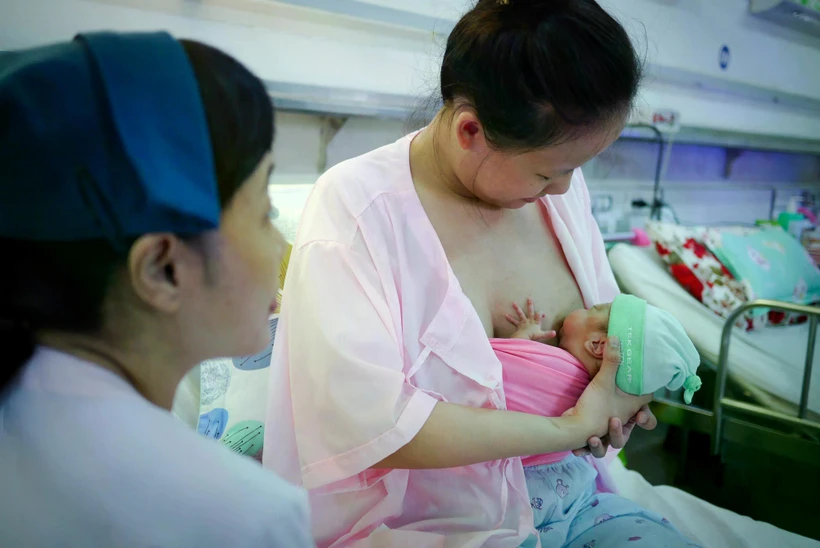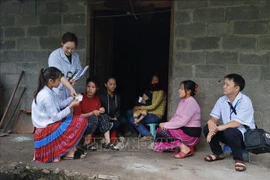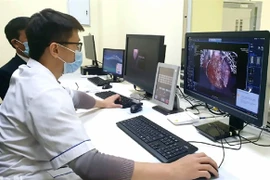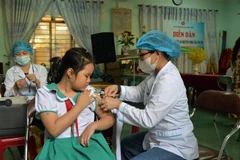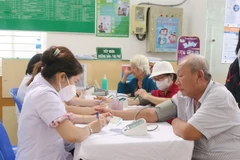Hanoi (VNA) – To mark the World Health Day (April 7), the World Health Organisation (WHO) in Vietnam has called for accelerated action to ensure that every mother and newborn receives the quality care they deserve.
New figures just released show that far fewer women are dying during pregnancy or childbirth in Vietnam. Deaths are estimated to have nearly halved in recent decades, from 88 women dying for every 100,000 babies born in the year 2000, to 48 deaths in 2023.
The theme for World Health Day this year is “Healthy beginnings, hopeful futures”.
“Vietnam has made very impressive progress on safeguarding the lives of the youngest members of society and their mothers,” said WHO Representative in Vietnam Dr Angela Pratt.
This progress is due to better health care especially at grassroots level, vaccination, and improvements in nutrition, water and sanitation. It’s also thanks to strong Government leadership, Ministry of Health guidance, health-care worker expertise and dedication at every level, close collaboration with other agencies and support from partners, she noted.
However, there are still major differences in death rates between women and babies who live in urban areas and those who live in remote disadvantaged areas, where they struggle to access quality maternal health-care services. Death rates are higher in Vietnam than WHO’s Western Pacific Region as a whole, where on average 35 mothers die for every 100,000 births.
To close the gaps, WHO recommended that Vietnam continue investing in expanding access to quality care for all mothers and newborns, particularly in remote, highland, and disadvantaged areas.
The organisation also urged improvements in the quality of care through ongoing training and upskilling of healthcare workers, along with mechanisms to monitor service quality. It stressed the need to ensure uninterrupted access to clean water, sanitation, soap, single-use towels or dryers, cleaning supplies, and essential medicines.
WHO encouraged Vietnam to harness technology, such as digital health information systems, to enhance care quality and efficiency, and to equip decision-makers with reliable, evidence-based data.
“Investing in mother and child health is not just about survival; it is about ensuring a bright and hopeful future for women and their children – and therefore a bright and hopeful future for Vietnam,” Dr Pratt said./.
